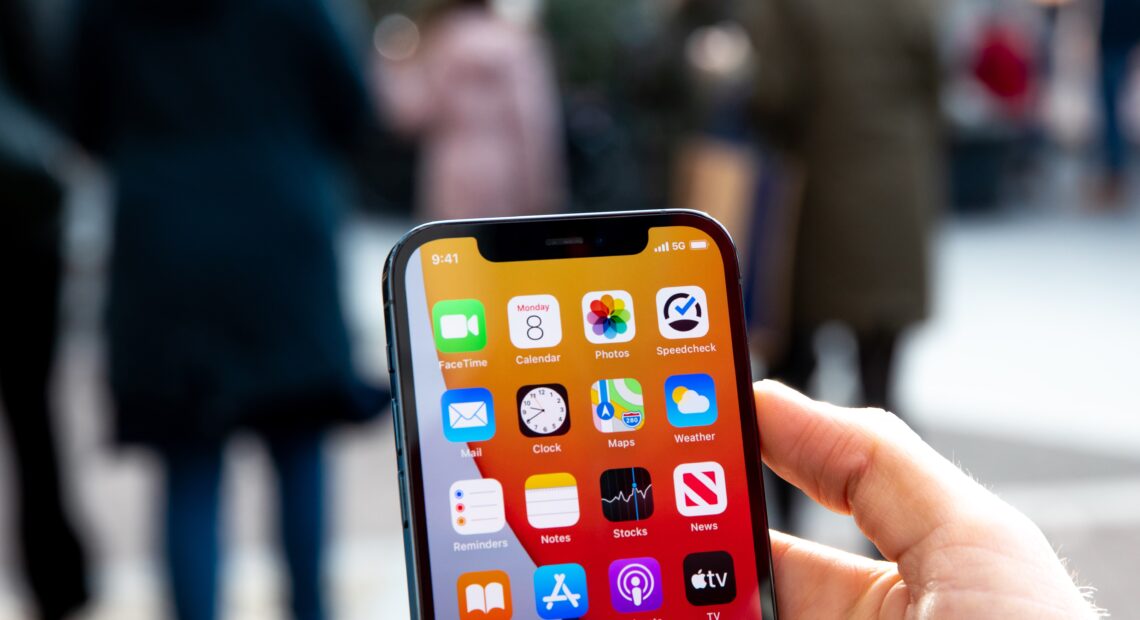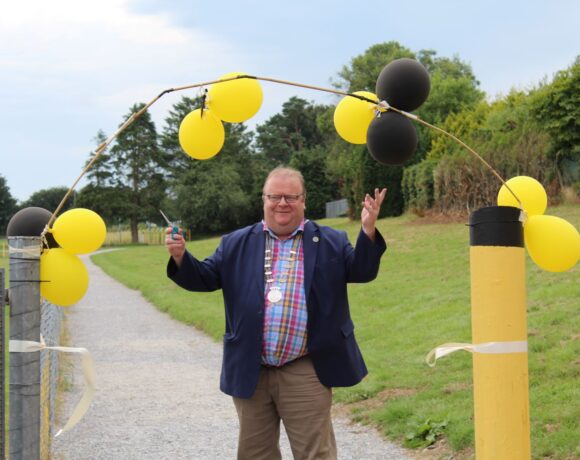Launched by Vodafone in partnership with Irish Manufacturing Research, the private 5G network will be used to explore industry 4.0 technologies.
In the UK, Vodafone installed a private 5G network for Ford at an electric battery workshop in Essex. The private mobile network links the Essex site with another in Cambridge, allowing the two to work together on welding electric batteries. This process generates half a million data points every minute, supported by the Vodafone network.
Now, Vodafone is bringing this technology to Irish manufacturing. Vodafone Ireland has launched what it believes to be the country’s first dedicated private 5G network, in partnership with Irish Manufacturing Research (IMR).
Irish Manufacturing Research is a research and technology centre supported by Enterprise Ireland and IDA Ireland to explore cutting-edge manufacturing techniques. As well as a site in Dublin, IMR operates an advanced manufacturing lab in Mullingar, Co Westmeath. This is the site of Ireland’s first standalone 5G mobile private network.
The network will support IMR’s research and development for industry 4.0, a modernised version of manufacturing that incorporates automation and connected technologies such as internet-of-things (IoT) applications.
“The investigation of 5G IoT applications for smart manufacturing in Ireland is wonderful news for the future of the industry here,” said Vodafone Ireland business director Sinéad Bryan. “This mobile private network and the development of IoT applications will make it possible for IMR’s members and partners to achieve today what they need to stay competitive tomorrow.”
Seeing this as a step in future-proofing Irish industry, Bryan said that the 5G network provided by Vodafone will provide “reliability, device density, scalability, quality of service and enhanced safety that currently cannot be achieved” without 5G.
The 5G network provided by Vodafone uses wireless equipment from Ericsson. “This partnership paves the way for a wide variety of 5G use cases that will serve as the catalyst to transform our economy, boost our recovery from Covid-19 and ensure Ireland remains competitive in the industries of the future,” said Ericsson Ireland CEO John Griffin.
Using its private 5G network, IMR will explore and develop smart manufacturing use cases such as automated production lines, mobile robots and collaborative robots (or ‘cobots’), as well as augmented reality (AR) and virtual reality (VR) interfaces. All such applications require high bandwidth and low latency from a network, which is what the next-generation 5G network technology promises.
“We are looking to integrate 5G capability into our digitisation and industry 4.0 strategies, enabling us to demonstrate to SME owners, CTOs, CIOs and COOs in larger organisations how 5G can offer cost-competitive solutions over traditional approaches across a range of process, AR/VR, robotic and asset management applications,” said IMR’s director of digitisation, Dr Niall Aughney.
In terms of public 5G networks, Vodafone expects to have reached 30pc population coverage with 5G in Ireland by the end of March 2021, while continuing to build capacity in five major cities.
According to the GSA, the organisation representing global mobile suppliers, more than 150 5G networks have now launched globally. The association’s global update for March 2021 identifies 68 operators in 38 countries investing in standalone 5G for public networks.
Source: Silicon Republic













